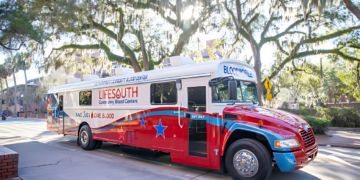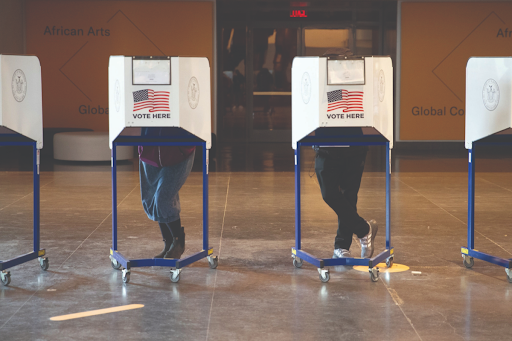In the ongoing scrutiny of voter rolls, Georgia election officials have found only a small number of non-citizens registered to vote, despite claims of widespread illegal voting by non-citizens. The state’s review sheds light on the frequency of non-citizens inadvertently ending up on voting lists, suggesting it is rare but possible.
Georgia’s Secretary of State initiated the examination following concerns that illegal voting by non-citizens might be skewing election outcomes. Other states, such as Virginia, found thousands of non-citizens were found to be on the rolls and Georgia officials chose to be proactive in their own audit.
The review process involved cross-checking voter rolls against state and federal databases, focusing on confirming the legal voting eligibility of each registered voter. Election officials discovered a limited number of non-citizens had registered, with most cases appearing to stem from administrative or clerical errors rather than any intentional fraud.
Only 20 illegal registrations were found among the state’s 8.2 million voter files. Of those only 9 had ever previously voted and none have voted in this year’s election.
As part of Georgia’s ongoing efforts to secure elections, this review reflects a broader trend toward enhancing voter roll accuracy nationwide. While cases of noncitizen registration are uncommon, the state emphasizes that regular maintenance and verification of voter eligibility are critical to upholding election integrity.
Despite the low occurrence, even a small number of ineligible voters can impact close elections, particularly at the local level. To address this issue, experts recommend several measures to enhance the accuracy and security of voter registration systems:
- Implement Proof of Citizenship Requirements: Mandating that individuals provide proof of citizenship when registering to vote can help ensure that only eligible citizens participate in elections.
- Regular Maintenance of Voter Rolls: Conducting routine audits and updates of voter registration lists can help identify and remove ineligible voters, including noncitizens.
- Interagency Cooperation: Facilitating information sharing between state election officials and federal agencies, such as the Department of Homeland Security, can improve the verification process for voter eligibility.
- Public Awareness Campaigns: Educating the public about voter eligibility requirements and the importance of accurate voter registration can help prevent unintentional violations and promote compliance with election laws.



























